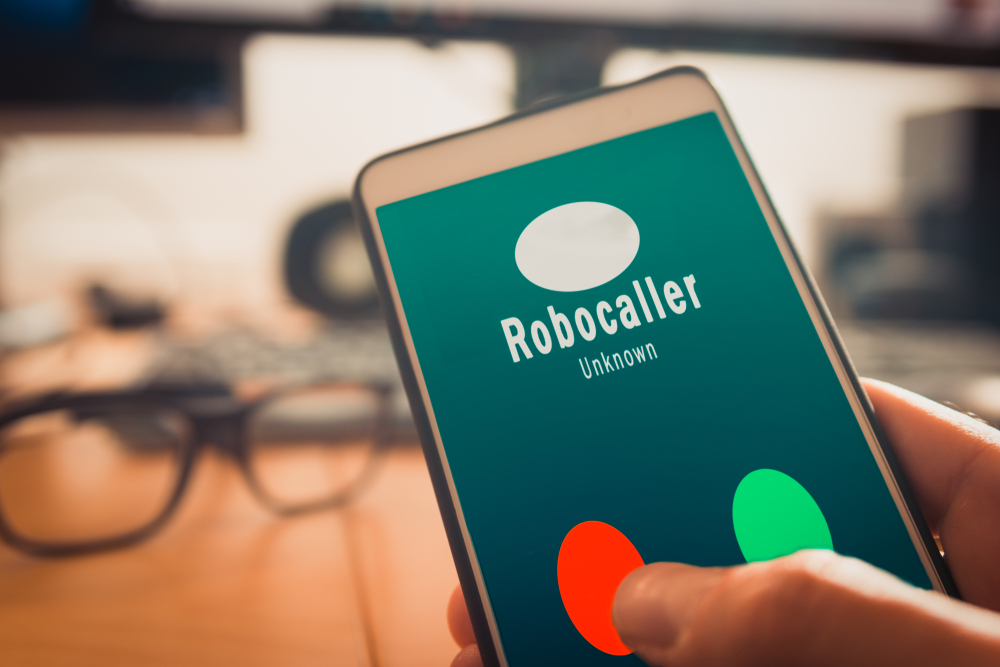The Federal Communications Commission (FCC) has announced that the use of AI-generated voices in robocalls to consumers is illegal.
The absence of legislation governing AI in robocalls was brought into sharp focus last month when a robocall using a clone of President Biden’s voice discouraged people from voting in the New Hampshire primaries.
A criminal probe into the company behind that robocall is underway, however, the use of an AI-generated voice was not illegal at the time the calls were made.
The FCC’s ruling now makes voice cloning technology used in robocalls targeting consumers illegal with immediate effect.
“Bad actors are using AI-generated voices in unsolicited robocalls to extort vulnerable family members, imitate celebrities, and misinform voters. We’re putting the fraudsters behind these robocalls on notice,” said FCC Chairwoman Jessica Rosenworcel.
Previously, State Attorneys General could target the outcome of a robocall, like the fraud or scam they intended to commit. Now, using AI to generate the voice in the call is illegal, regardless of the intent of the call.
In November 2023, the FCC began investigations into how AI could be used to combat illegal robocalls. It aims to use AI to detect illegal robocalls before they reach consumers. The Federal Trade Commission (FTC) has also offered a $25,000 reward for potential AI solutions to protect consumers from robocalls.
The FCC ruling also placed limits on the use of AI-generated voices to interact telephonically with consumers instead of human agents. It stated that “callers that use such technologies must obtain the prior express consent of the called party to initiate such calls absent an emergency purpose or exemption.”
The FCC’s exemptions allow civil services and politicians more leeway to use robocalls for non-commercial purposes.
Mayor Eric Adams controversially used an AI clone of his voice last year to address New York City residents in multiple languages that he didn’t speak. The FCC ruling doesn’t preclude the use of AI-generated voices in these cases, which still raises ethical questions, if not legal ones.





